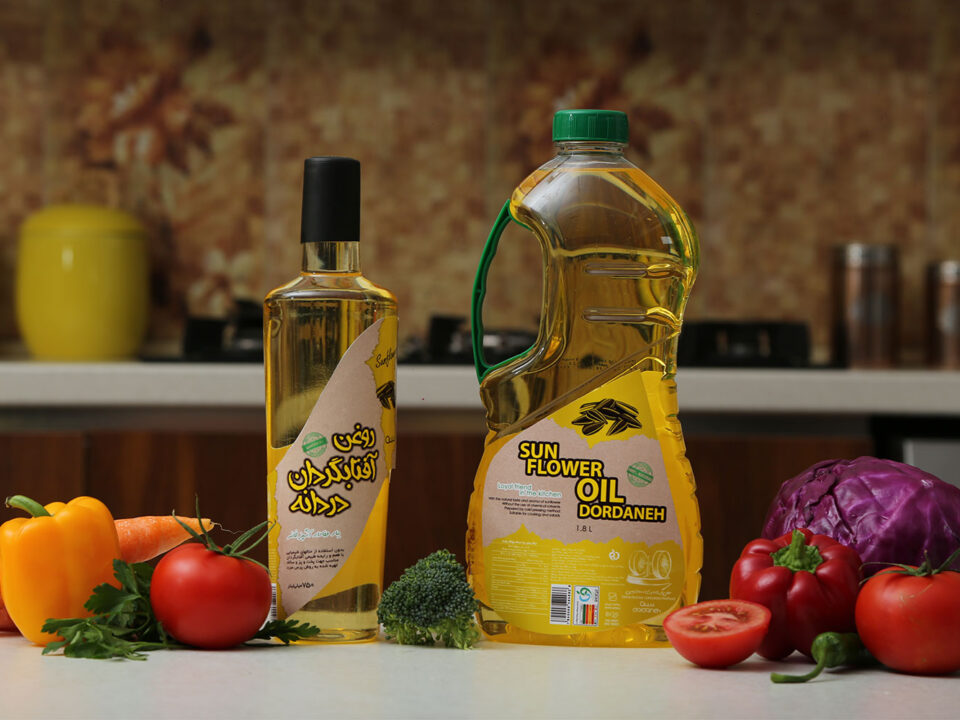Suitable for salads and cooking
Properties of canola oil
- Contains adequate amounts of vitamins K and E.
- Excellent omega 3 to omega 6 ratio (with significant amounts of omega 3)
- Very low levels of saturated fatty acids
- High levels of monounsaturated fatty acids (less sensitive to oxidation)
- One of the healthiest oils in terms of nutrition
- Lower blood cholesterol.
- ource of antioxidants and vitamin E.
- Reduce the risk of breast cancer in mother and even child
- Prevent and even treat colon cancer
- Reduce belly fat and ultimately reduce the risk of metabolic syndrome

Canola oil
Canola oil is one of the most special vegetable oils on the market. This oil has a unique property that distinguishes it from other common oils on the market; Omega-3 and omega-6 fatty acids omega-3 and omega-6 fatty acids are essential for the body, meaning that the body is unable to make them and must be supplied through nutrition. Omega-6 fatty acids are much more abundant in vegetable oils than omega-3s, while the ratio of omega-6 to omega-3 in the human diet should be 4 to 1. Although in most vegetable oils this ratio is much higher than 4 to 1 (which is inflammatory for the body and harmful to health), in canola oil this ratio is 2 to 1. The importance of omega-3 fatty acids and the need to include it in the diet to maintain heart and brain health is not hidden from anyone today.
Canola oil contains vitamins K and E. This oil also contains very small amounts of saturated fatty acids. Less saturation makes the oil safer for cardiovascular health. Canola oil, on the other hand, contains significant amounts of tocopherols and phytosterols. The most important role of these effective compounds is their antioxidant role, which is very important in oils such as canola (which have a higher degree of unsaturation). For these active compounds, many properties have been listed, the most important of which are anti-cancer properties and cardiovascular health.





